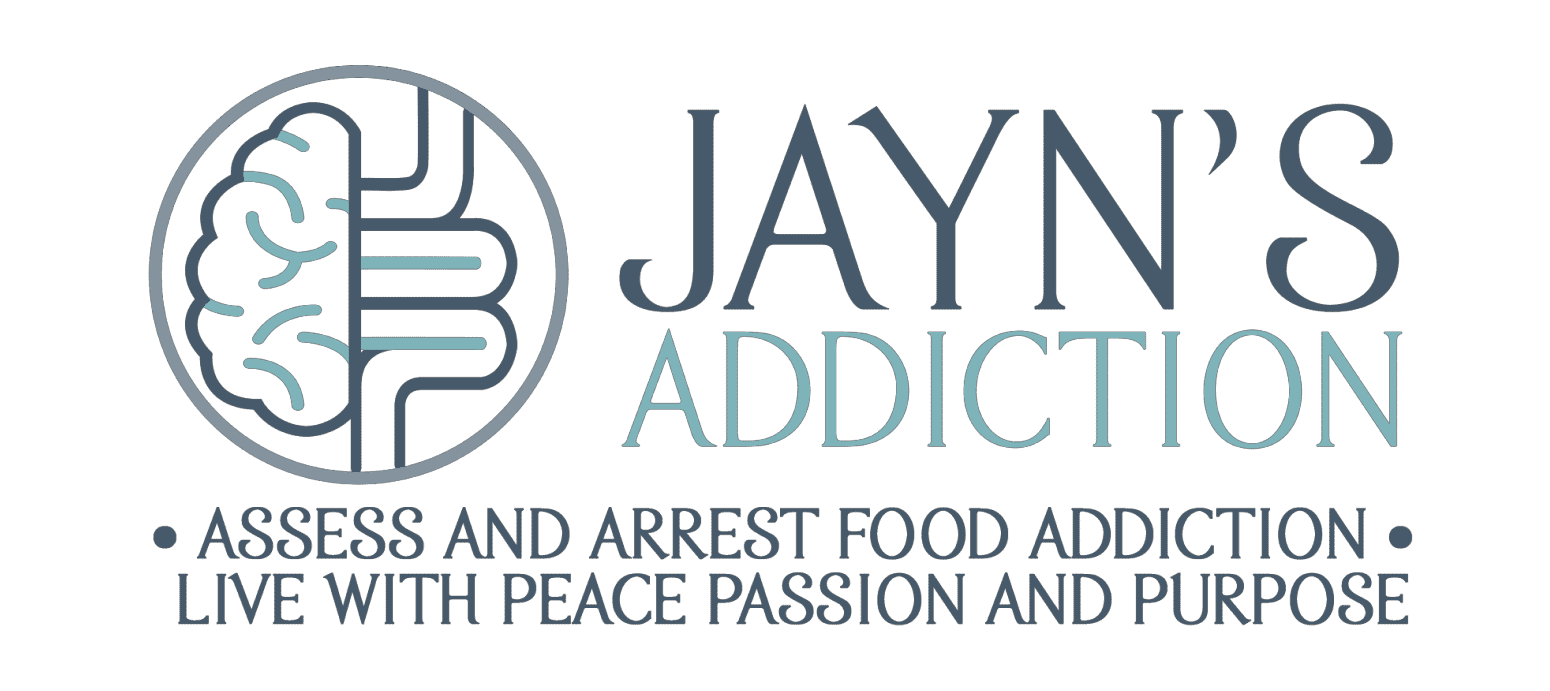Is it possible to “rewire” the human brain?
The science says we are in luck. It is possible to retrain our brains to break old habits and build new ones to transform our lives.
How? The experts call it “neuroplasticity”. The brain is not the “genetically fixed” organ scientists once believed.
The brain can change when we intentionally practice new behaviours. It’s a matter of growing new “wiring” or neural pathways to replace the problematic ones. And this scientific knowledge changes everything!
Think about that! We are NOT powerless to keep doing and thinking and feeling the same old thing. We can practice new behaviours, reframe our thoughts, and affect how we feel.
So, how do we rewire our brains? We change our habits. We become conscious of what we are doing and thinking and feeling each day.
Consider the following:
Neuroscientific research indicates that some anxiety is normal and even optimal for neuroplasticity. Evolutionarily, fight, flight and freeze is necessary at times; however, too much or too little anxiety is unhelpful.
However, many scientists, including researcher John B. Arden, Ph. D, author of, “Rewire Your Brain: Think Your Way to a Better Life,” note we can regulate our parasympathetic nervous systems to calm ourselves down.
How can we do this?
- Bring awareness to the anxiety and make it useful. Engaged thoughts challenge our automatic responses (including fight/flight/freeze) so that new neural pathways can form, while old pathways fade from lack of use.
- Physical movement and action to reduce stress. Regular breathing exercises throughout the day. Go outside for a walk. Practice prayer and meditation.
- Question perceptions. Am I actually in danger? Are there villagers chasing me with pitchforks? Noting the difference between real and imagined danger when experiencing over-the-top anxiety can relieve it.
- Face fear. Make eye contact with another person or connect on the phone or online. Count backwards from 5 and act at 0 to push past the fear.
The research shows these actions strengthen the vagus nerve and improve “vagal tone.” The vagus nerve is a neural network that soothes the stress response, enabling us to accurately read a situation, calm down, and connect with other people.
Retrain your brain to connect with others
The brain is sensitive to other people’s intentions and body language. The brain has “mirror neurons” which encourage mirroring or copying others. We feel what others feel, unconsciously. It’s like “brain empathy.”
To rewire the brain for positive connection with others, actively and consistently engage the mirror neuron system in healthful ways.
- Identify the relationships that are enjoyable. Engage with at least one of these people daily and proactively, either in person, online or on the phone to build strong love and acceptance “wiring” in your brain.
- Volunteer in the community doing meaningful work. This could include service in a 12-Step or other recovery program, helping friends, family or neighbours with tasks or taking on an unpaid or paid role that adds value (even in a small way).
According to Dr. Arden, “Some researchers have proposed that experiencing empathy and compassion through the mirror neuron system is equivalent to having compassion for yourself.”
Thus, “giving is receiving” is a brain-based truth. Insensitivity and selfishness are essentially bad for the brain and mental health. In contrast, compassion (including self-compassion) and loving relationships are good for the brain and mental health.
Rewire your brain for gratitude
In 2009, the National Institutes of Health (NIH) released a study showing the brain’s hypothalamus activates when focused on gratitude, and on being kind.
Why is that a big deal? Because the hypothalamus regulates appetite, sleep patterns, body temperature, metabolism, growth, and more.
Research reveals that gratitude is integral to happiness.
Research shows too, that gratitude is addictive—in a good way. Both performing acts of kindness and experiencing gratitude releases dopamine, which forms strong neural pathways to motivate repetitive seeking of this “healthy high”.
The hypothalamus can re-activate the mirror neuron system, the part of the brain involved in social interaction.
Combined with mindfulness, prayer and meditation, these practices rewire the brain for calm and focus, promoting better health and deeper connections with others.
Ready to change your brain? It can be done!
Original source: https://lizmillercounseling.com/2017/10/rewire-brain-less-anxiety-love-acceptance/
